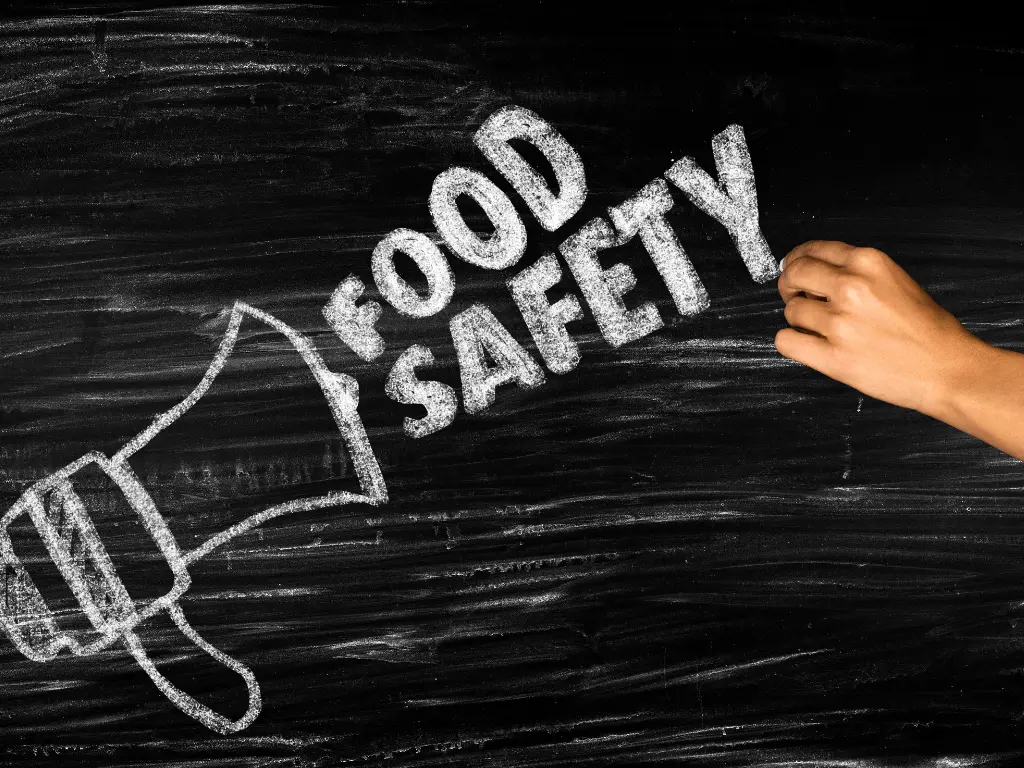- Home
- GPC China
China - Home
Login
Forget Password
The main legislations governing the chemical market in China is Order No. 12 of the Ministry of Ecology and Environment (MEE), Measures for the Environmental Management Registration of New Chemical Substances, also known as MEE Order No.12. This regulation came into force on 1 January 2021 and the previous regulation (MEP Order No.7) was simultaneously repealed.
Anyone who wants to research, produce, import, or process new chemical substances in China has to register before carrying out their activities. They are:
- Chinese manufactures or importers
- Chinese processing users
- Foreign companies who wish to sell new chemical substances in China.
Chinese manufacturers and importers can register the chemical substances themselves. Overseas enterprises, however, must appoint a Chinese agent (Only Representative (OR)) who will share the legal responsibility with them to fulfil the registration and post-registration obligations. The OR should be acknowledgeable and qualified to carry out the registration activities.
News

NMPA Updates Cosmetic Ingredient Catalog with Three Newly Monitored Substances
Oct-21-2025
On October 20, the National Medical Products Administration (NMPA) announced the second dynamic adjustment to the Catalog of Already Used Cosmetic Ingredients in accordance with relevant provisions under the Cosmetics Supervision and Administration Regulations.
New Additions to the Catalog
The following three cosmetic ingredients have completed their three-year safety monitoring period. Following evaluation, they have been deemed compliant with the Cosmetics Supervision and Administration Regulations and other relevant requirements, and have been included in Category II of the Catalog:
- Lauryl Propyl Amino Acid (CAS: 5538-95-4)
- Polymethylsilsesquioxane/Trimethylsiloxysilicate (CAS: 1402155-47-8)
- Bis-Quaternium-Modified Dimethicone (CAS: 106214-84-0)
In addition, Category I of the Catalog has been updated to standardize the Chinese and INCI/English names of certain ingredients.
Public Feedback Function Introduced
The NMPA has also introduced a “Revision Suggestions” function on the Catalog's online query page, allowing industry stakeholders and the public to submit feedback and recommendations. All submitted opinions will be carefully reviewed and considered in future updates to ensure continuous improvement of the Catalog.

China Releases 34 New National Food Safety Standards Including Updated Limits on Contaminants (GB 2762-2025)
Oct-09-2025
On September 25, 2025, China’s National Health Commission (NHC) and the State Administration for Market Regulation (SAMR) jointly announced the release of 32 new national food safety standards and 2 amendment documents, under the official notice No. 6 of 2025.
Among the most significant updates is the publication of GB 2762-2025 Limits of Contaminants in Foods, which sets maximum allowable levels for a wide range of chemical contaminants in food products to strengthen consumer health protection.
Key Areas Covered by the New Standards
The newly issued standards cover diverse areas such as special medical purpose foods, food additives, food contact materials, nutritional fortifiers, microbiological testing, and toxicological evaluation.
Highlights include:
-
GB 29922-2025: General Standard for Foods for Special Medical Purposes
-
GB 31662-2025: Total Nutrition Formula for Cancer Patients
-
GB 14881-2025: General Hygienic Practice for Food Production
-
GB 17405-2025: Good Manufacturing Practice for Health Foods
-
GB 4806.10-2025 & GB 4806.16-2025: Food Contact Coatings and Silicone Rubber Materials
-
GB 4789.9-2025 & GB 4789.12-2025: Microbiological Testing for Campylobacter and Clostridium botulinum
-
GB 15193.30-2025: Neurodevelopmental Toxicity Test
Amendments and Access to Standards
Two existing standards: GB 19301-2010 (Raw Milk) and GB 25190-2010 (Sterilized Milk) were also updated through new amendment documents.
All standards were reviewed and approved by the National Food Safety Standards Review Committee under the framework of China’s Food Safety Law.
The full standard texts of the standards are available for public access and download on the official National Food Safety Standards Data Search Platform here.
Login
Forget Password
Global Product Compliance (GPC) specializes in Global Regulatory Compliance Solutions across sectors
globally. SSS Europe, a familiar name in chemical regulatory and compliance services now formally belongs
under the umbrella of GPC Holding Sweden.
Since 2008, we have emerged as one of the leading names among Global Regulatory Compliance Service
Providers with Representation services in Europe, Asia and Middle East for respective chemical
regulations.

 Twitter
Twitter
